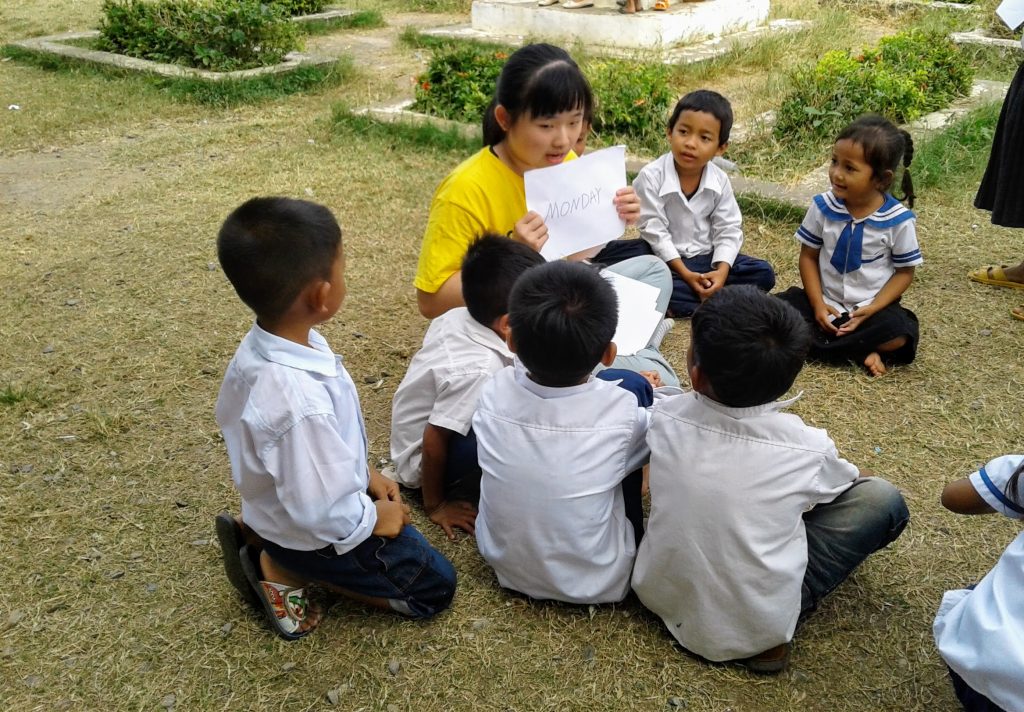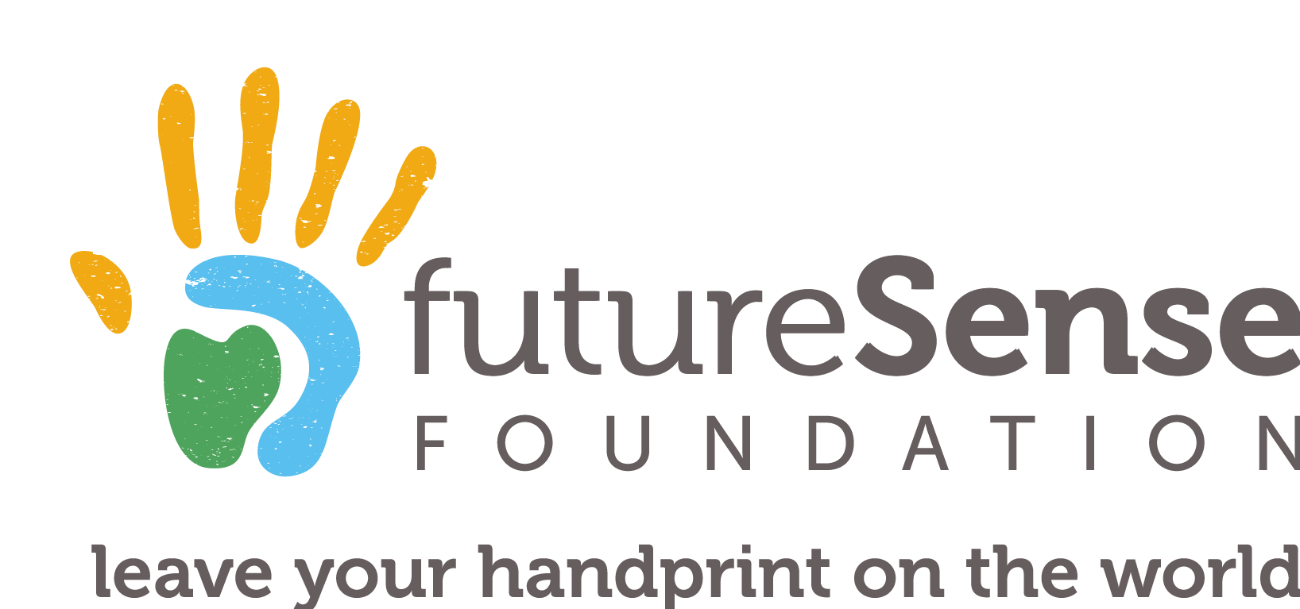Cambodia
Overview
Cambodia is known as “The Kingdom of Wonder” and is steeped in culture and history. Cambodia shares its borders with Thailand, Laos, and Vietnam in South East Asia. Cambodia is home to the UNESCO World Heritage site, Angkor Wat, as well as the largest freshwater lake in SE Asia, the Tonle Sap. Cambodia’s haunted past of the Khmer Rouge and the brutal genocide of 1.8 million people in the late 1970’s is still visible across the country. The resilient Khmer people have pushed forward in rebuilding and reshaping their identity, but there is still much to be done.
FutureSense Foundation’s Cambodia Hub is located in Battambang City, the second largest city in Cambodia after the capitol, Phnom Penh. Battambang is home to 150,000 people and is known as “the rice bowl of Cambodia”. French colonial architecture span the skyline reminiscent of the early 1900’s. Our programs are focused in the Ek Phnom District, just north of Battambang city. We support 10 rural villages in the district, where a majority of the families live below the poverty line.
Population:
16 million
GDP:
24 billion
Life Expectancy:
69 years
The Challenges
Cambodia’s recent and tumultuous history has affected many of their current issues. Largely, major systems such as the economy, health, and education were destroyed and although they have made big strides towards redevelopment, they are still far behind other countries in the region.
Education
The average literacy rate in Cambodia is 77.2%, with only 49.4% of eligible students enrolling in school. In Battambang Province, there is only a 12.8% successful graduation rate from grade 12 and drop out rates are over 20% in secondary school.
Health
Health systems in Cambodia are under-resourced and understaffed. There is approximately .014 physicians for every 1000 patients across the country. Life expectancy is 65 years old, and maternal mortality rates are over 16%.
Livelihoods
Cambodia’s wealth is not evenly distributed, and the average annual GDP per capita lies just under $4,000 USD, an average far above what most families earn in the villages we work in. Over 16% of families live below the global poverty line.
Our Programmes
In order to drive change and bring impact to our communities, we must acknowledge some of these major challenges that Cambodians are facing on a daily basis. Our long-term development programmes in Cambodia seek to partner with local communities as well as being guided by the UN SDG’s, to provide access to valuable information, education, and skill development to see improvements in education, health and livelihoods. We focus on SDGs 1-6, 10, 13, and 17 to see the Ek Phnom District and the country of Cambodia reach and succeed these goals.
Conversational English
We want all 1,500 children we engage with in our programmes to increase and improve their ability to use the English language. We want to bring native English speaking volunteers to engage our students in interactive and exciting lessons that will not only give the children confidence to speak, but inspire them to continue in their studies and see the successful completion of grade 12 increase.
Teacher training
In order to allow for the sustainability of our programmes, we believe in providing valuable resources and information sessions to the teachers so they may continue to carry out education initiatives in the classroom. Our teacher training sessions seek to provide our teachers with information about lesson planning, activity and resource development, classroom management, and even gender equality in the classroom.
Life Skills
Due to strict government school curriculum and timetables, many children are not able to learn other valuable skills and access classes that inspire creativity and critical thinking. We want to engage students in sessions that bring out new types of learning and provide opportunities to expand their education outside the “Rote learning” style they are used to. Sessions surrounding STEM (Science, Technology, Engineering, Math) provide students the opportunity to problem solve, engage in team or group work and allow for leadership opportunities, especially in young girls, and see critical thinking skills sharpen.
Creative Arts sessions provide even further avenues for creativity by creating a safe space to explore the arts. Students learn topics such as animation, sketching, and performing arts such as drama and dance. These artistic outlets allow the students to bring awareness to important community topics such as plastic use, drugs, domestic violence, and sanitation.
Our health programmes engage children in government schools and our Supplementary Education Class programme as well as adults in the community to provide information surrounding a number of topics that we believe will impact the children and their families to live healthier and longer lives. We aim to reduce preventable illness such as water born illnesses by leading workshops based on water and sanitation, food safety, and transmission. We aim to see a reduction in the number of non-communicable diseases by conducting needs assessments and further research in our communities and to provide them with access to information about how our future health and current daily habits are interlinked. We also aim to reduce stigma and false information surrounding female hygiene and menstruation by providing a safe space to discuss self-care, hygiene, and reproduction with young women and matriarchs in the community and in schools.
In partnership with our Supplementary Education Class programme, we support the Women’s Handicraft and Sewing shop. This shop allows women in the community surrounding our programme to engage in valuable and profitable skills such as sewing, weaving and handicraft design. Additionally, children in the community are able to connect with computer skill classes that will enhance their learning opportunities and enable them a greater chance of succeeding in future employment.
Within Cambodia, waste and waste management is a major issue. Non-recyclable plastics such as plastic bags, straws and coffee cups are littered everywhere. Plastic bottles and other “recyclable” materials are also used and discarded frequently with no recycling system in place. Often, plastics of all sorts are burned alongside the household rubbish, as many people do not have access to waste management collection.
The Cambodia hub held a re-usable water bottle fundraiser during 2018. This allowed us to not only raise money to eventually build needed infrastructure so our communities can access clean drinking water, but also allowed our volunteers the opportunity to understand the issue of plastic waste and be part of the change by not buying plastic bottles during their trip. We aim to bring further environmental awareness to our children through life skills lessons and creating new daily habits through providing areas for plastic waste at the schools.

